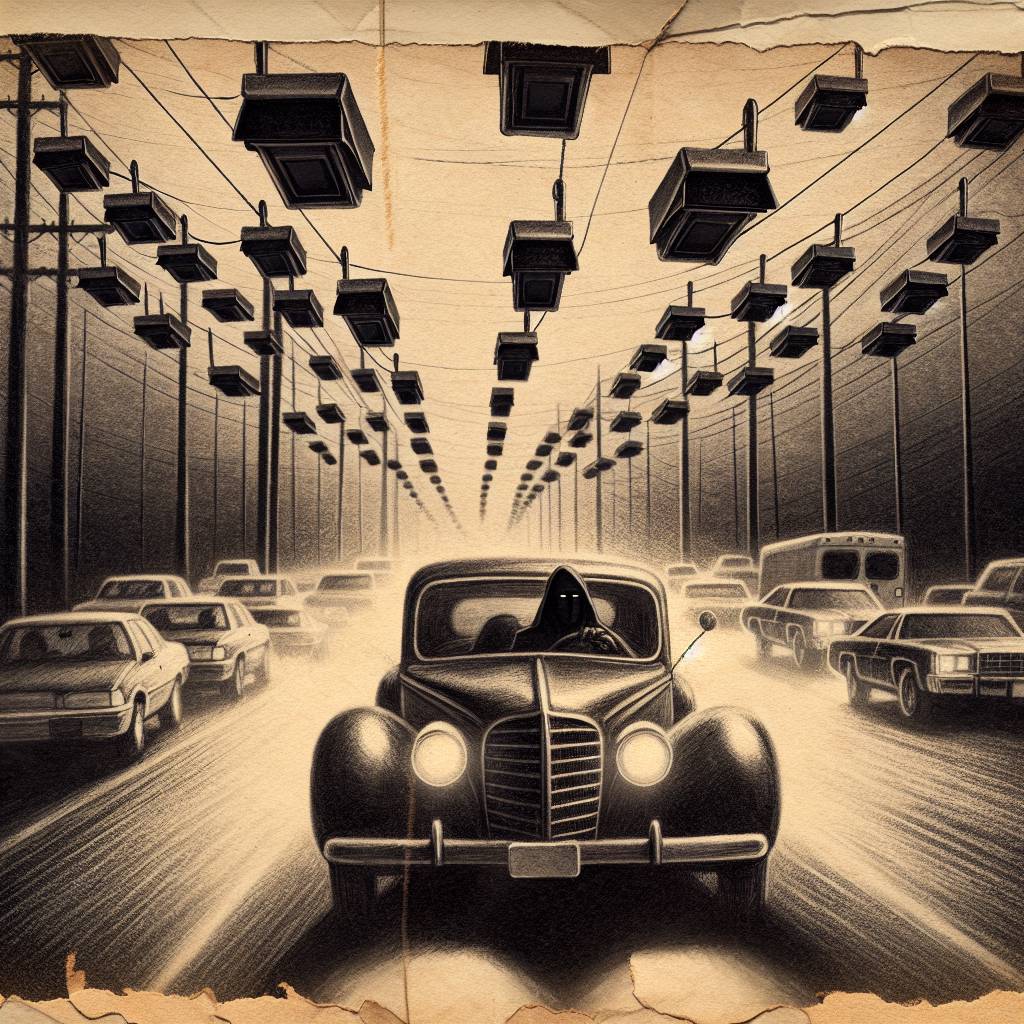Driving Under Surveillance: Why ALPRs Need a Warrant to Avoid Big Brother on Wheels
Automatic License Plate Readers (ALPRs) are turning every drive into a potential episode of “This Is Your Life.” With 99.5% of scans unrelated to crime, the Virginia Court of Appeals is being urged to require a warrant for ALPR data to prevent turning the streets into a scene from “Big Brother: Automotive Edition.”

Hot Take:
ALPRs: the surveillance tool that’s turning cops into car-obsessed paparazzi without a warrant! It’s like putting a GPS tracker on everyone’s bumper, but with fewer privacy rights and more unflattering angles of your car. I mean, who knew your license plate was the key to unlocking your life story for law enforcement everywhere? What’s next, speed cameras acting as matchmakers based on driving habits? Time to pump the brakes on this tech before it veers off the constitutional road!
Key Points:
- Automatic License Plate Readers (ALPRs) track vehicle data and can identify personal activities.
- EFF, ACLU of Virginia, and NACDL filed an amicus brief urging warrant requirements for ALPR data searches.
- The case of Commonwealth v. Church highlighted warrantless searches of ALPR data.
- ALPRs collect data indiscriminately, posing significant privacy concerns.
- ALPR networks, like those in Norfolk, Virginia, can track individuals across vast distances.
